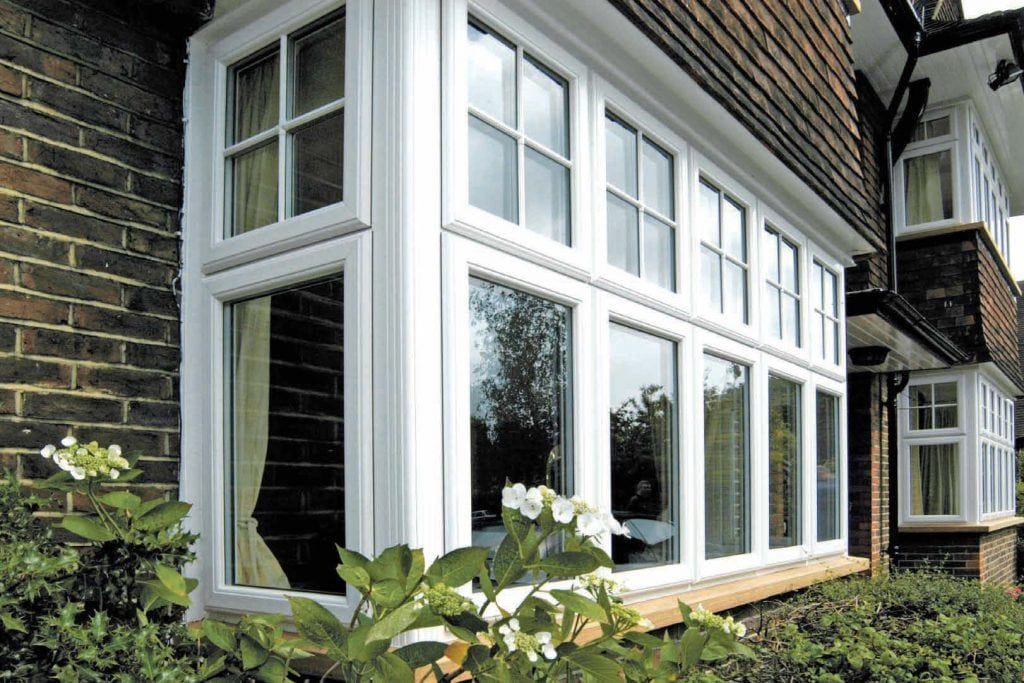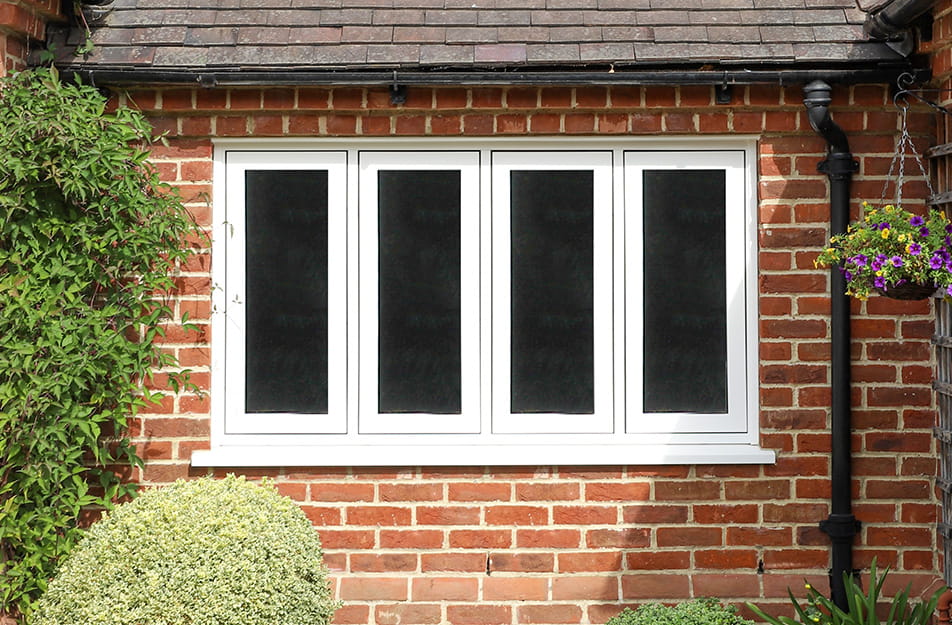The construction and home improvement industry has seen significant advancements in technology and compliance standards over the years. Among the critical components of this sector are windows and doors, which not only serve functional purposes but also contribute significantly to a building's aesthetic appeal and energy efficiency. FENSA (Fenestration Self-Assessment Scheme) has emerged as a prominent name in the UK market, providing homeowners and builders with assurance in the quality and compliance of their window and door installations.
Understanding FENSA
FENSA is a government-authorized scheme that was established to ensure that replacement windows and doors meet the necessary building regulations in England and Wales. Introduced in 2002, FENSA aims to simplify the process for homeowners and contractors, allowing them to comply with legal requirements without the need for local authority inspections. This initiative is particularly relevant given the complexities associated with building regulations and the importance of energy efficiency in modern construction.
The Importance of Compliance
The significance of compliance with building regulations cannot be overstated. These regulations are designed to ensure that all buildings are safe, energy-efficient, and accessible. Windows and doors play a critical role in achieving these objectives. For instance, poorly installed or low-quality products can lead to heat loss, increased energy bills, and potential safety hazards. FENSA's role in ensuring compliance is vital in protecting homeowners from such issues.
FENSA Certification Process
The FENSA certification process involves several key steps that ensure the quality and compliance of window and door installations. First, companies that wish to become FENSA registered must meet stringent criteria, including demonstrating their ability to install products that comply with building regulations. This includes using materials that meet specific performance standards, ensuring proper installation techniques, and providing adequate training for their staff.
Once a company is registered with FENSA, they can self-certify their installations. This means that they can declare that their work meets building regulations without needing to undergo a local authority inspection. As part of this process, FENSA conducts regular audits of registered companies to ensure ongoing compliance and quality assurance.

Benefits of FENSA Windows & Doors
- Quality Assurance: FENSA-registered companies are held to high standards, ensuring that the windows and doors they install are of superior quality. Homeowners can have peace of mind knowing that their installations meet the necessary performance and safety standards.
- Energy Efficiency: FENSA promotes the installation of energy-efficient windows and doors, which can significantly reduce heating costs and improve the overall energy performance of a home. This is particularly important in the context of climate change and the push for more sustainable living practices.
- Legal Compliance: By choosing FENSA-registered installers, homeowners can rest assured that their projects comply with all relevant building regulations. This not only protects them from potential legal issues but also enhances the value of their property.
- Insurance Backing: FENSA provides homeowners with a certificate of compliance upon completion of the installation. This certificate serves as proof that the work meets building regulations and can be beneficial when selling a property or making insurance claims.
- Consumer Confidence: The FENSA logo is recognized across the UK as a mark of quality and compliance. Homeowners can feel more confident in their choices when they see this certification associated with a contractor.
The Range of FENSA-Approved Products
FENSA covers a wide range of window and door products, including:

- uPVC Windows and Doors: Known for their durability and low maintenance, uPVC products are a popular choice among homeowners. They offer excellent thermal insulation and can be customized in various styles and colors.
- Aluminium Windows and Doors: Aluminium products are increasingly popular due to their strength, slim profiles, and modern aesthetics. They are also highly resistant to corrosion and can be finished in a variety of colors.
- Timber Windows and Doors: For those seeking a traditional look, timber windows and doors offer natural beauty and excellent insulation properties. FENSA ensures that timber products are sourced sustainably and treated to resist decay.
- Composite Doors: Combining the best features of different materials, composite doors provide enhanced security, thermal efficiency, and aesthetic appeal. They are designed to mimic the appearance of traditional wooden doors while offering superior performance.
The Role of Technology in FENSA Compliance
Advancements in technology have played a crucial role in enhancing the quality and compliance of Windows By Ideal Glass and doors. FENSA encourages the use of innovative materials and manufacturing processes that improve energy efficiency and durability. For example, the introduction of triple-glazing technology offers superior insulation compared to traditional double-glazing, making homes more energy-efficient.
Additionally, FENSA is increasingly utilizing digital tools to streamline the certification process. Online platforms allow registered companies to manage their compliance documentation more efficiently, making it easier for them to demonstrate adherence to building regulations.
Challenges and Future Directions
Despite its successes, FENSA faces challenges in maintaining high standards across the industry. The rise of unregistered contractors and DIY installations poses risks to compliance and quality. To combat this, FENSA is working on initiatives to raise awareness among homeowners about the importance of choosing registered installers.
Looking ahead, FENSA is committed to adapting to changing regulations and technological advancements. The organization is actively involved in discussions surrounding future building standards, particularly in relation to energy efficiency and sustainability. As the UK moves towards more stringent environmental goals, FENSA will play a crucial role in guiding the industry towards compliance and innovation.
Conclusion
FENSA Windows & Doors represent a commitment to quality, compliance, and consumer confidence in the home improvement sector. By ensuring that installations meet rigorous building regulations, FENSA not only protects homeowners but also contributes to the broader goals of energy efficiency and sustainability. As the industry evolves, FENSA's role will remain pivotal in shaping the future of windows and doors in the UK, ensuring that they meet the needs of modern homeowners while adhering to the highest standards of quality and safety.







